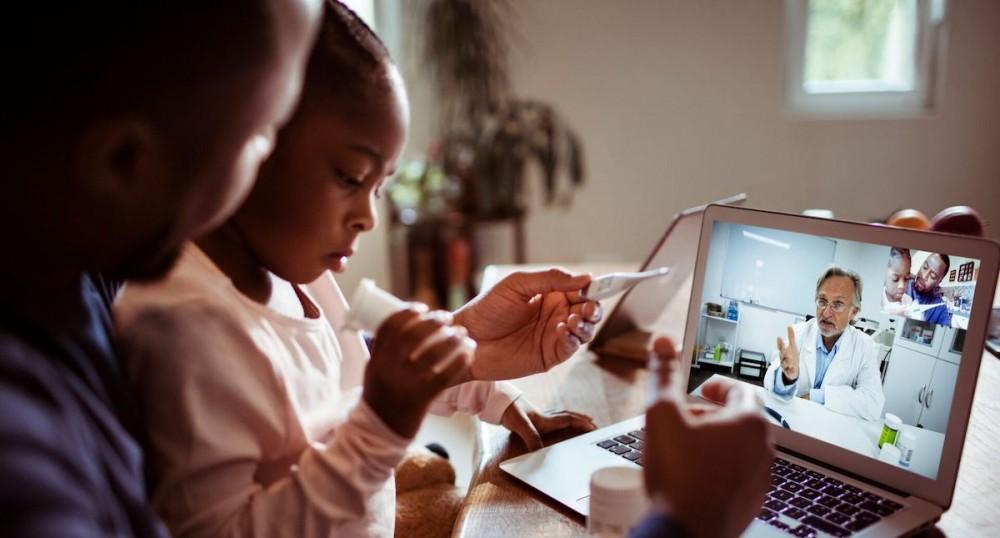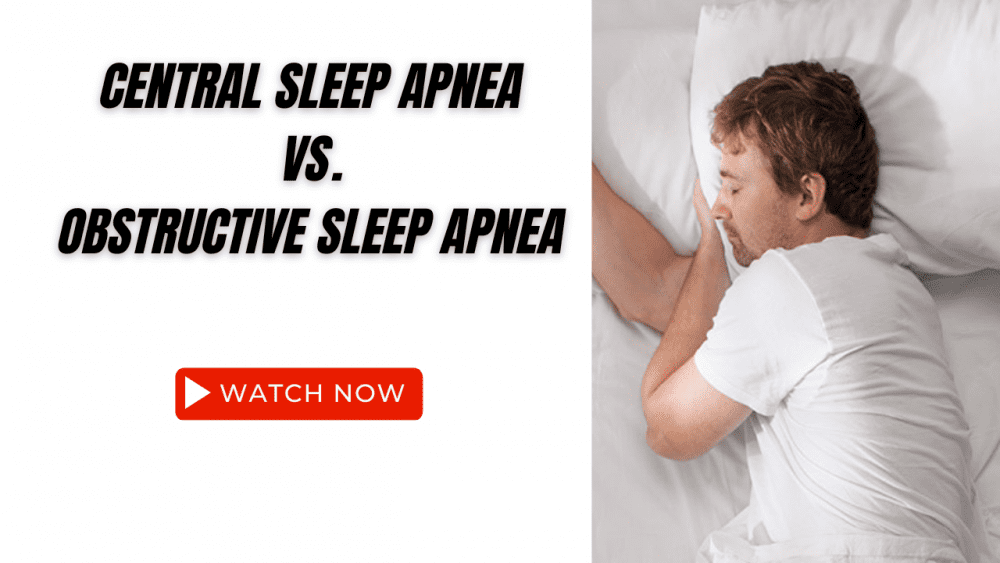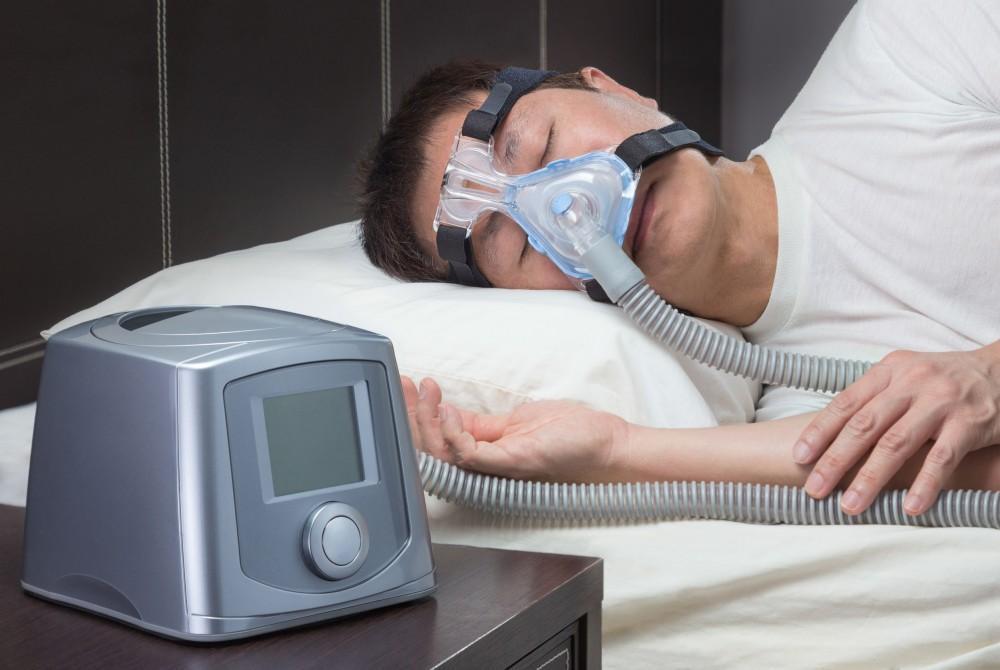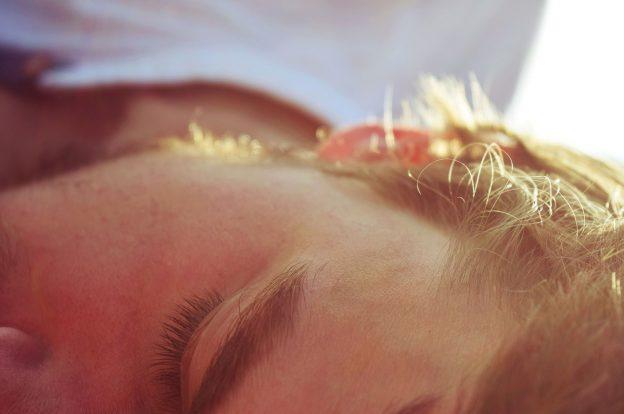
8 of the Best Apps for Insomnia and Sleep

We talk an awful lot about why it’s important to get enough quality sleep each night, for reasons that range to pleasantly beneficial to physiologically necessary. And most people don’t really need to be sold on the idea; most of us know we don’t get enough sleep and wish we could get more. If only it were that easy, right? We’re fully aware that you might want to sleep more in theory, but that in practice, there are such things as crying babies, college exams, restless brains, and any number of other reasons that make getting enough sleep a real challenge. Fortunately, we are in the age of the App. Nifty little tools to help us track, monitor, manage, and modify pretty much anything, and that includes our sleep habits.
Some sleep doctors dismiss health apps outright, and that’s understandable — we all know what too much time on WebMD can do to a person — but health trackers, sleep apps, and sleep monitoring tech can be a really useful communicative tool between doctors and patients. Once, people might do their best to guess at how much sleep they get in the average month when they went in to discuss excessive daytime sleepiness with their doctor. Now, we can make a much more educated guess.
Many of the apps on this list function exactly that way: there are apps that record sounds and motion, apps that look at sleep cycle duration, and apps that allow us to keep track of good and bad nights of sleep, all of which can be passed on as a more accurate symptom snapshot if we decide to seek the help of a sleep professional.
On the other hand, not every sleepless night is the byproduct of disordered sleep or parasomnias that require treatment, like sleepwalking. Sometimes, well, you just can’t sleep! And there are apps that can help with that too. Take a look at some of our favorites, with the disclaimer that no app can take the place of a competent, dedicated team of sleep health professionals:
Pzizz
People have been using white noise machines forever to get to sleep, and it’s tempting to describe Pzizz (and a few more of the apps on this list) as a glorified noise machine. In fact, it uses applied psychoacoustics — an actual science, by the way — to help people learn how to turn their brains off when they get to bed. It does have to do with sound, but it’s a far cry from a speaker spitting our whale sounds. It even learns which sounds induce sleep faster for you, and adjusts accordingly.
Sleep as Android
Sleep as Android is one of those do-everything apps that does everything so well that it’s dominated its niche for years and grown accordingly to meet specific needs. What started as a sleep-cycle smart alarm (more on that in a second) can now lull you to sleep with binaural beats, wake you when you’re in a light sleep phase, provide you with your estimated sleep debt, and even provide a sleep apnea pre-screening. So if you’re the type of person who likes to approach your medical provider with a well-informed dossier, this one’s for you. Well, as long as you have an Android.
Sleep Genius
Sleep Genius goes back to basics. It rejects the idea of white noise and replaces is it with sequences of binaural beats and “pink” noise instead, and it remains a favorite among Apple users (sorry, US Android fans!) The company claims that the technology used to develop the noise patterns to help people either sleep all night long or in short, rejuvenating power naps was used to help NASA astronauts sleep under highly stressful conditions.
SleepBot
SleepBot is another do-it-all app, and it is available to both iPhone and Android smartphone users, with the added bonus of a richer online tracking dashboard (think FitBit). It requires you to “punch in” at bedtime to begin tracking your sleep, which it calculates based on the sound and movement in your sleep environment afterward. You “punch out” again based on the alarm that you set: it’s a ‘smart alarm,’ which means that instead of waking you up when you think you should, it waits until you’re in a light sleep cycle to go off. That means you’ll be less likely to hit snooze and more likely to wake refreshed. It won’t help you fall asleep, necessary, but it’s a great data tool that can help you work to remedy your sleep issues or allow you to speak to your doctor with more detail about your sleep habits.
MotionX 24/7

MotionX 24/7 is where fun data apps start to get serious. The company behind the app does a lot more than sleep tracking and develops motion tracking technology for a lot of our favorite wearables. This one isn’t designed to lull you to sleep. MotionX 24/7 was made to take a detailed snapshot of how you sleep; including how much you toss and turn, sleep, or experience disrupted sleep. It’s no replacement for a polysomnography, but it can be helpful in determining why you feel tired in the morning, which will allow you to talk to your doctor with confidence.
F.lux
F.lux isn’t a particularly sexy piece of software, but it is a very useful one. Full disclosure: it’s only available on jailbroken iPhones and Android phones. If you have one of those, you can use f.lux to combat the negative effects of the harmful blue light emitted by your beloved screen. The software automatically adjusts blue-to-yellow light levels by using your location to determine your time of day, keeping your circadian rhythms on track.
Relax Melodies
If you like a little more guidance, Relax Melodies by Ipnos — and their entire line of guided meditation-cum-white noise apps — is for you. With a subscription, you’ll have access to any number of “sleep singles,” which will guide you through the process of overcoming common sleep-inhibiting emotions, like stress, anxiety, and depression or help you work through the physiological limitations by helping you relax muscles and find an ideal sleeping position. Plus, it’s got a slew of mix-and-match sounds, beats, and music that you can customize to find the perfect lullaby.
You Might Also Enjoy...


Dr. Kakar Products

Central apnea vs. Obstructive sleep apnea

Warning to Patients about Ozone Cleaners

Ways to Help You Keep Hope Alive







